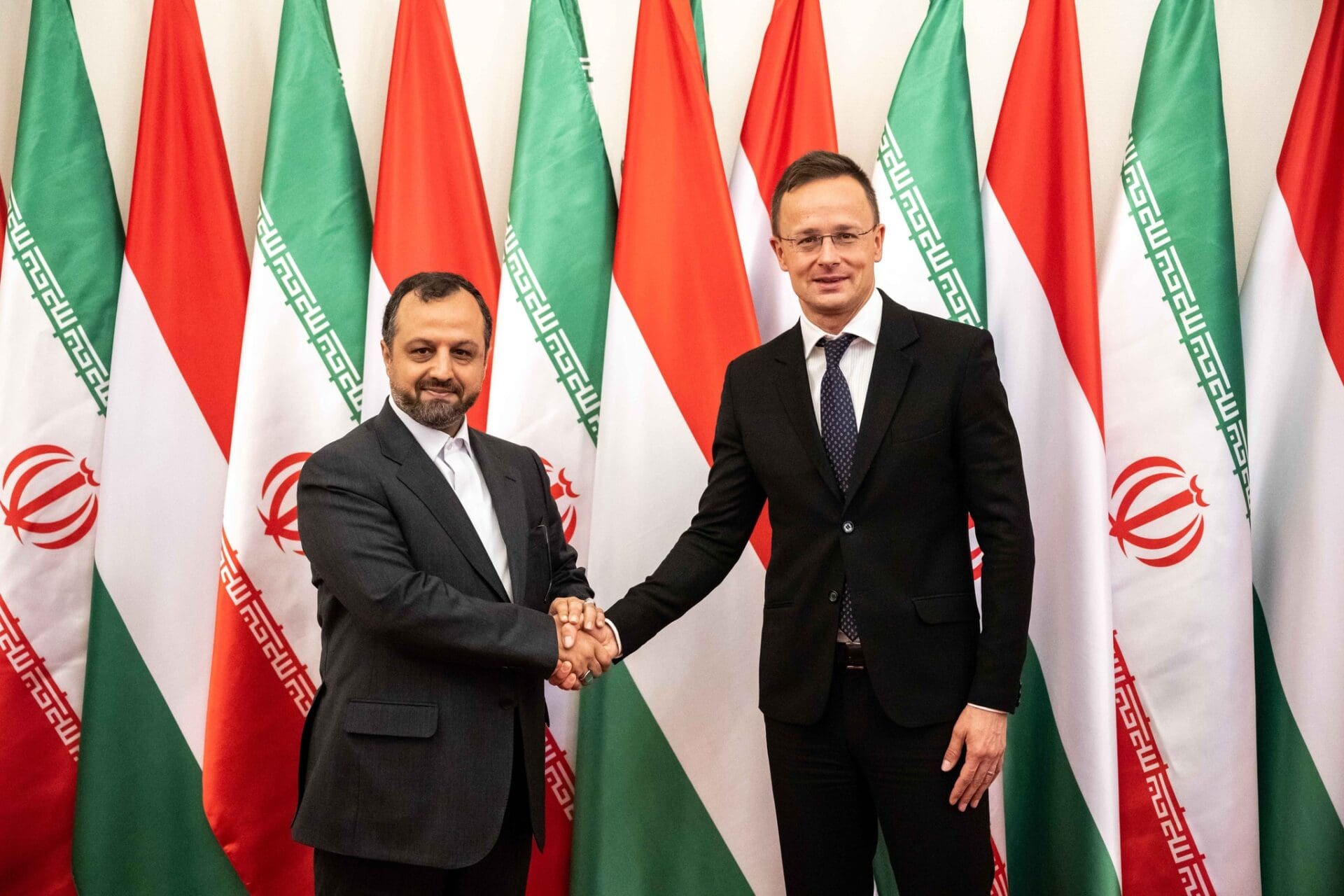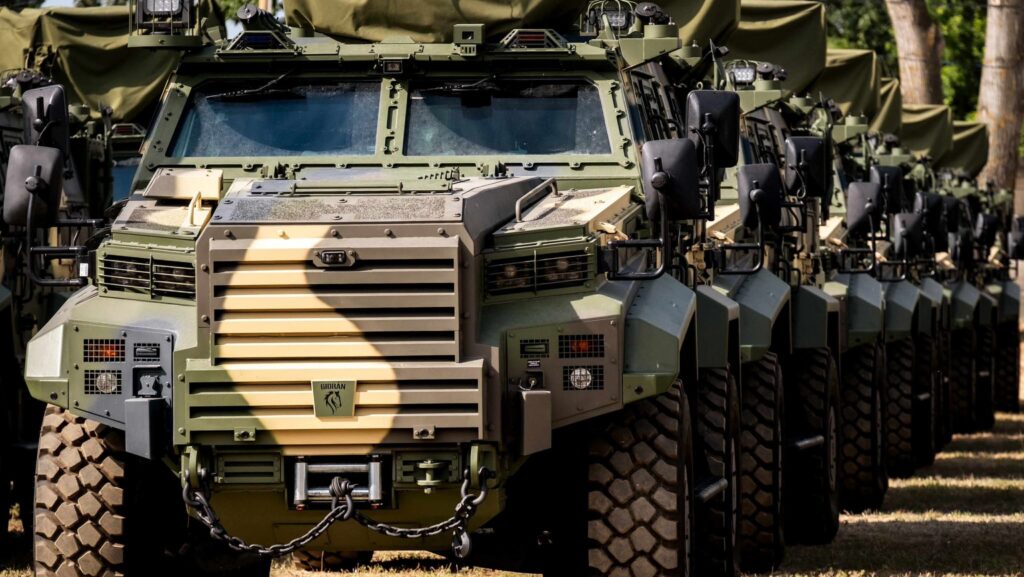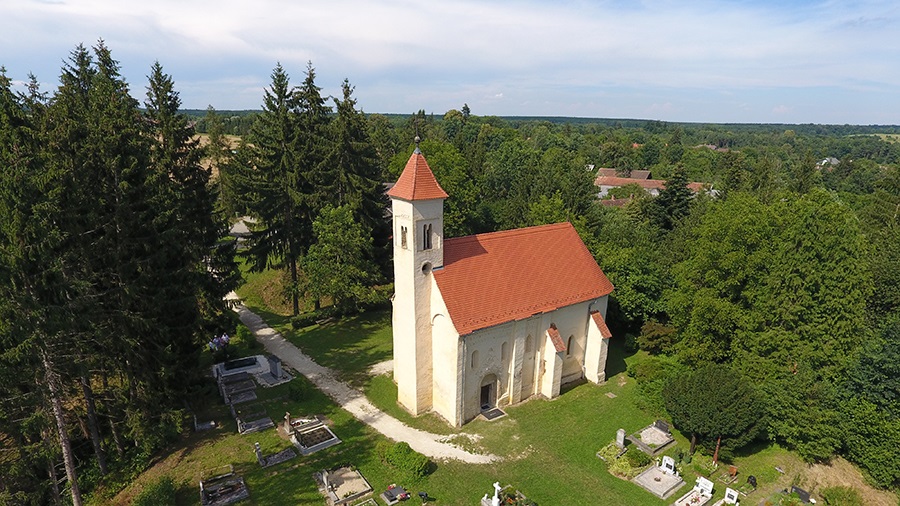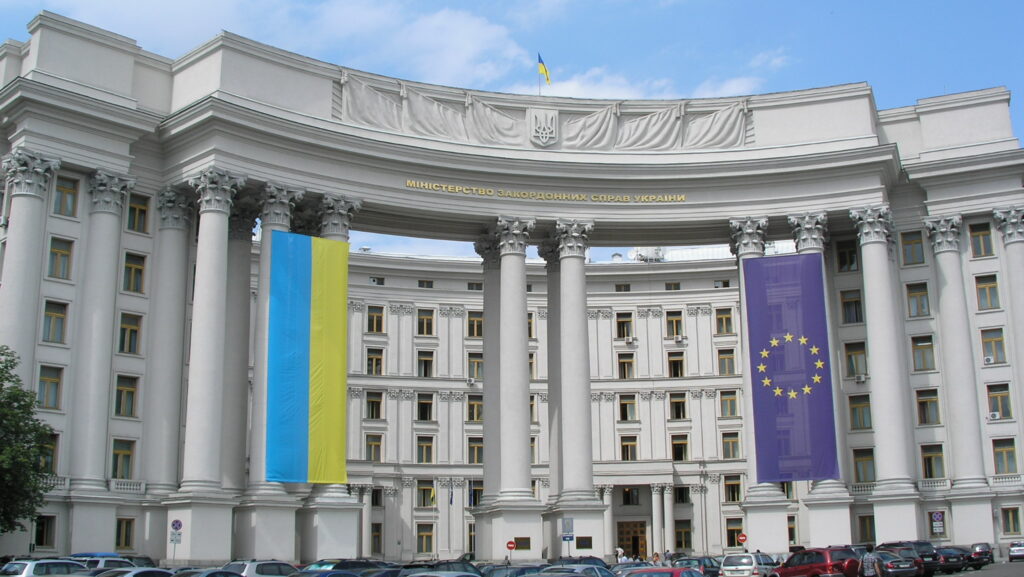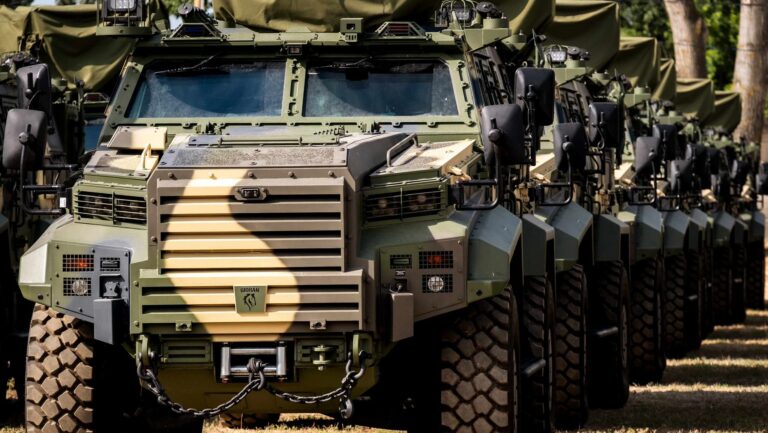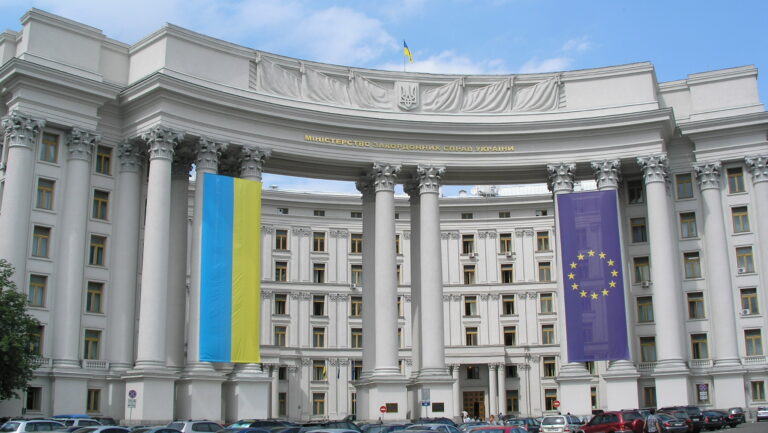Speaking at the Hungarian–Iranian Business Forum in Budapest on Thursday, Foreign Minister Péter Szijjártó said, ‘It is unusual for an Iranian minister to visit a Member State of the European Union…but channels of communication must be maintained even in difficult circumstances.’ The minister, who held talks with Iran’s Minister of Economy and Finance, Ehsan Khandozi, stressed that ‘No complicated problem can be resolved without discussion, but with communication, there is a chance of doing so.’
According to Péter Szijjártó, Hungary and Iran are working on establishing bilateral economic ties within the framework of a pragmatic and common-sense approach. As the world economy is currently experiencing significant difficulties, Szijjártó emphasized, ‘We would like Iran to return to the system of peaceful collaboration within the international community as soon as possible. We believe that economic cooperation may be the first step in this return.’ He declared that Hungary is dedicated to the use of nuclear energy for peaceful purposes and as a result supports the renewal of the nuclear agreement with Iran, which would also increase international security.
55 bilateral meetings between business representatives were successfully held at the Forum. In several fields, including agricultural research, agriculture and food technology, and the health industry, collaboration between the two nations has a long history. Last year, bilateral trade increased 45 per cent, and this year it has already grown by 55 per cent.
The Iran Nuclear Deal
The Joint Comprehensive Plan of Action (JCPOA), often known as the Iran Nuclear Agreement, is a historic agreement that was made between Iran and the five permanent members of the UN Security Council, in July 2015. In accordance with its provisions, Iran consented to scrapping a large portion of its nuclear programme and to allowing more thorough international inspections of its facilities in exchange for sanctions relief worth billions of dollars.
The deal’s proponents claimed that the agreement would lessen the likelihood of violence between Iran and its regional enemies, such as Israel and Saudi Arabia, by preventing a resurgence of Iran’s nuclear weapons development. But since President Donald Trump withdrew the United States from JCPOA in 2018, the agreement has been in jeopardy. Iran has resumed parts of its nuclear efforts as retribution for the departure of the United States and for deadly assaults in 2020 on important Iranians, one of which was carried out by Washington.
President Joe Biden stated in 2021 that if Iran returned to full compliance with the terms of the agreement, the United States would rejoin it. However, since a new wave of protests against the regime broke out in Iran, the cautious rapprochement between Tehran and the US has stalled.
Related Articles:

